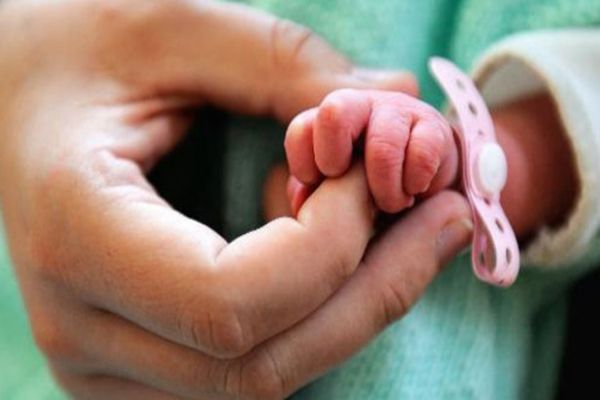The Lagos State Primary Health Care Board (LSPHCB) has inaugurated a sub-committee to assist in gathering accurate data on maternal, perinatal and child deaths in communities.
This will assist the government in identifying and addressing the probable causes (medical or non-medical), modifiable (preventive) factors and proffer sustainable solutions to reducing the incidences of maternal and child deaths.
Dr Ibrahim Mustafa, Permanent Secretary, Lagos State Primary Health Care Board, said this in a statement signed by Mrs Adetayo Akitoye-Asagba, Assistant Director, Public Affairs Department of the board on Saturday in Lagos.
Mustafa said that the state sub-committee for Community- based Maternal Perinatal and Child Death Surveillance and Response (C-MPCDSR) was in partnership with United Nations Population Fund (UNFPA) and Project Aisha.
The C-MPCDSR programme model ensures maternal, perinatal and child deaths are identified, documented and audited regardless of the place of death, including deaths that occurred at home and/or in transit to a health facility.
According to the World Health Organisation (WHO), Nigeria has the highest number of maternal deaths globally.
Mustafa noted that the maternal and child mortality rates in the country are still high, hence, the need for all stakeholders to understand their roles and carry out routine monitoring and fact-finding missions.
According to him, these contributions will help the government in making informed decisions.
He added that the pilot of the programme would start in Ifako Ijaiye Local Government Area.
Also, Mrs Olukemi Ogunyemi, Special Adviser to the Governor on Health, said it had become critical to involve members of the community, particularly at the grassroot level, in reducing the rate of maternal and child mortality in the state.
Ogunyemi said that the government was keenly interested in the well-being of all citizens, especially pregnant women and children.
She charged the sub-committee members to effectively discharge their duties and ensure that the trust reposed in them by the state for the assignment was justified.
Members of the inaugurated sub-committee include senior government officials, religious leaders, youth leaders, market women and community leaders, development partners, healthcare associations, among others.


